
Henri François Joseph Vieuxtemps was a Belgian composer and violinist. He occupies an important place in the history of the violin as a prominent exponent of the Franco-Belgian violin school during the mid-19th century. He is also known for playing what is now known as the Vieuxtemps Guarneri del Gesù, a violin of superior workmanship.
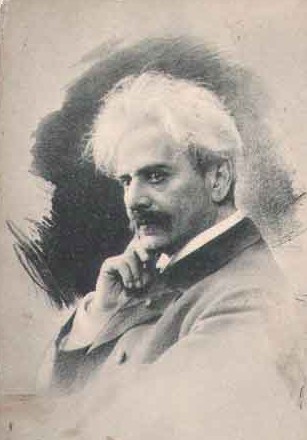
David Popper was a Bohemian cellist and composer.
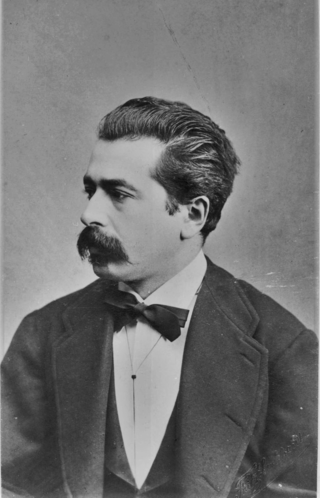
Henryk Wieniawski was a Polish virtuoso violinist, composer and pedagogue, who is regarded amongst the most distinguished violinists in history. His younger brother Józef Wieniawski and nephew Adam Tadeusz Wieniawski were also accomplished musicians, as was his daughter Régine, who became a naturalised British subject upon marrying into the peerage and wrote music under the name Poldowski.
James Ehnes, is a Canadian concert violinist and violist.

Shlomo Mintz is a Russian-born Israeli violin virtuoso, violinist and conductor. He regularly appears with orchestras and conductors on the international scene and is heard in recitals and chamber music concerts around the world.

Ferdinand Laub was a Czech violinist and composer.

Ferdinand Ernst Victor Carl David was a German virtuoso violinist and composer.

Petar Stojanović was a Serbian violinist and composer of operettas, ballets and orchestral music.

Jenő Hubay, Jenő Hubay von Szalatna, Hungarian: szalatnai Hubay Jenő, also known by his German name Eugen Huber, was a Hungarian violinist, composer and music teacher.

Carl von Garaguly, also known as Carl Garaguly, was a Hungarian violinist and conductor who spent much of his working life in Scandinavia. He was born in Budapest, and worked many years in Gothenburg and Stockholm, Sweden, both as violinist and as a conductor.

Zoltán Székely was a Hungarian violinist and composer.
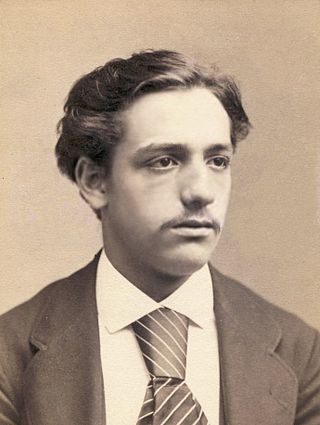
Émile Sauret was a French violinist and composer. Sauret wrote over 100 violin pieces, including a famous cadenza for the first movement of Niccolò Paganini's First Violin Concerto, and the "Gradus ad Parnassum" (1894).
Adila Fachiri was a Hungarian violinist who had an international career but made her home in England. She was the sister of the violinist Jelly d'Arányi, with whom she often played duets.
Gerhard Taschner was a noted German violinist and teacher.
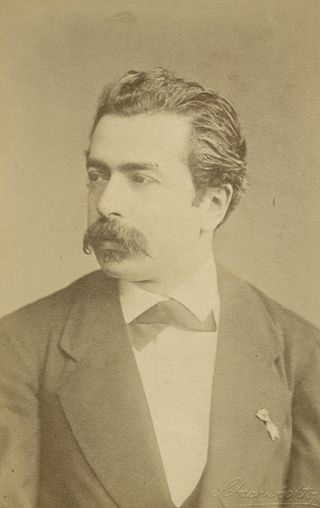
Józef Wieniawski was a Polish pianist, composer, conductor and teacher. He was born in Lublin, the younger brother of the famous violinist Henryk Wieniawski. After Franz Liszt, he was the first pianist to publicly perform all the études by Chopin. He appeared with Liszt in recitals in Paris, London, Copenhagen, Stockholm, Brussels, Leipzig and Amsterdam.

Marjorie Olive Hayward was an English violinist and violin teacher, prominent during the first few decades of the 20th century.
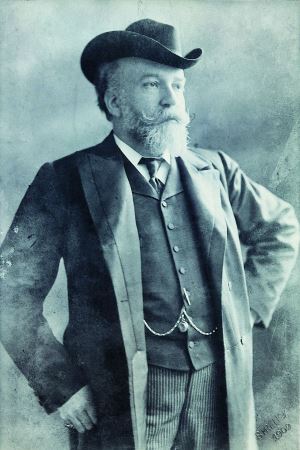
Victor Emmerich Ritter von Herzfeld was a Hungarian violinist and composer.

Nándor Zsolt was a Hungarian violinist, conductor, composer and the professor of violin at the Franz Liszt Academy of Music.
















